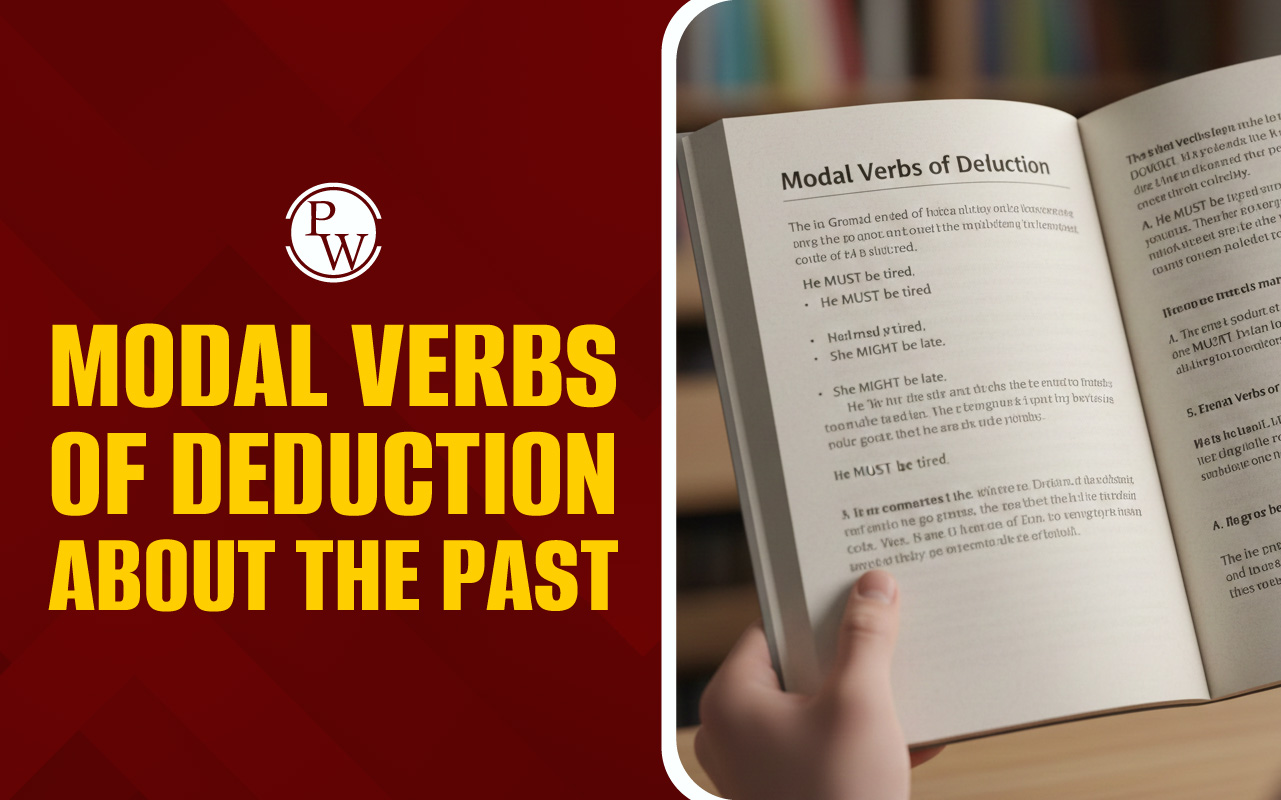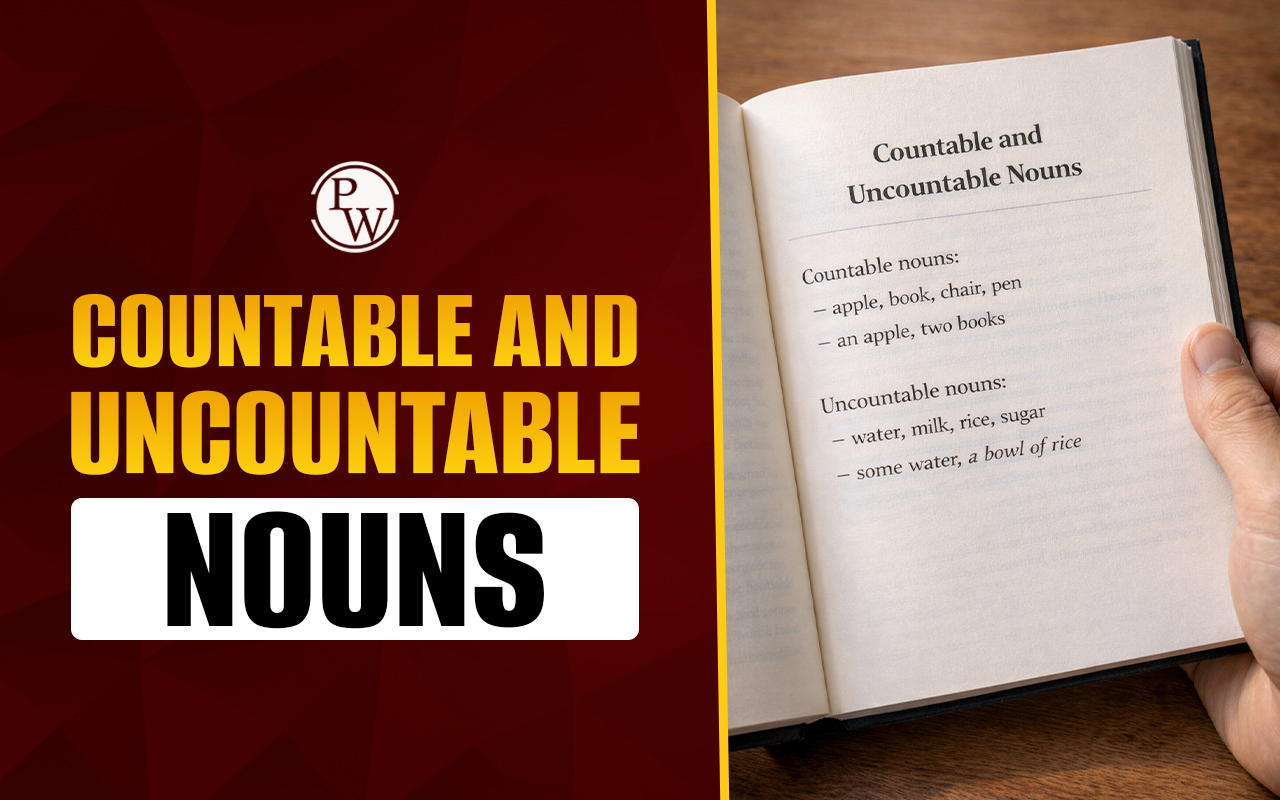
IELTS Speaking Answer Length Tips: The International English Language Testing System (IELTS) is a widely recognized English proficiency test designed to assess the language skills of non-native speakers. The exam consists of four sections: Listening, Reading, Writing, and Speaking. The IELTS Speaking exam is a face-to-face interview with a certified examiner. It assesses your ability to communicate effectively in English. The test is divided into three parts: Introduction and Interview (Part 1), Long Turn (Part 2), and Discussion (Part 3).
Many students ask whether their answers in the IELTS Speaking test should be long or short. They also wonder if the length of answers varies in different parts of the test and how long their answers should ideally be. This page provides guidance on the appropriate answer length for each part of the IELTS Speaking test. The article below explains tips on how long your answers should be for Parts 1, 2, and 3 of the test.
IELTS Speaking Answer Length Tips For Part 1 (Introduction and Interview)
Part 1 of the IELTS Speaking test is the Introduction and Interview, which lasts around 4-5 minutes. In this section, the examiner will introduce themselves and ask you to introduce yourself. They will then ask questions about familiar topics like your home, family, work, studies, and hobbies. The purpose is to make you feel comfortable and allow you to speak about everyday subjects.
Average Length of Answers For Part 1
In Part 1, your answers should be clear but not too long. Aim for 2-3 sentences per question, giving enough detail without sounding off-topic or rehearsing.
Also Read:
Types of Questions Asked
The questions in Part 1 are straightforward and related to your personal life. For example:
- "What’s your favorite hobby?"
- "Can you describe your hometown?"
- "Do you work or study?"
- "What do you like about your job?"
These questions are designed to encourage natural, spontaneous answers that show your ability to speak English in common situations.
Also Read:
- Describe Your Education IELTS Speaking Part 1
- Social Media IELTS Speaking Part 1
- Describe Your Hometown IELTS Speaking Part 1, 2 and 3
- Family Vocabulary for IELTS Speaking Part 1
Tips for Answering Questions
The following tips will help you prepare for Part 1 and communicate more clearly and confidently during the IELTS Speaking test.
- Be Natural and Conversational: Treat this part like a casual conversation. Speak in a relaxed, natural tone using everyday language.
- Answer in Full Sentences: Avoid one-word answers even though the questions are simple. Use full sentences to show your ability to structure responses.
- Provide Additional Details: Add extra information to showcase your English skills. For example, instead of just saying, “I like reading,” you could say, “I enjoy reading because it helps me relax and explore new ideas.”
- Stay Relevant: Keep your answers focused on the question and avoid going off-topic.
- Practice Common Topics: Practice talking about everyday topics such as hobbies, your daily routine, and personal interests to build confidence for test day.
IELTS Speaking Answer Length Tips For Part 2 (Long Turn)
Part 2 of the IELTS Speaking test , also called the "Long Turn," lasts about 3-4 minutes. The examiner will provide a task card with a topic and points you need to address. You’ll have 1 minute to prepare, during which you can take notes. After that, you will speak on the topic for 1-2 minutes, and the examiner may ask one or two brief follow-up questions.
Also Read:
Average Length of Answers
In Part 2, you should aim to speak for 1-2 minutes. It’s recommended to fill the full 2 minutes to make the most of your opportunity to demonstrate your speaking skills. Practice timing your responses to ensure you can cover all points without running out of ideas too soon.
Types of Questions Asked
The questions in Part 2 require you to speak on a specific topic. Examples include:
- Describe a memorable event in your life.
- Talk about a book you recently read.
- Explain a hobby you enjoy.
These topics encourage detailed and well-structured responses that allow you to speak at length.
Which Part of IELTS Speaking is Most Important?
Tips for Answering Part 2 Questions
The strategies below will help you confidently deliver well-structured and detailed answers in Part 2 of the IELTS Speaking test:
- Use Preparation Time Wisely: During the 1-minute preparation time, jot down key points and organize your response. Focus on covering all the points from the task card.
- Expand Your Ideas: When speaking, elaborate on each point by providing details, examples, and reasons to make your response more complete.
- Stay Structured: Maintain a clear flow in your answer with a beginning, middle, and end. Start by introducing the topic, develop your points with relevant details, and end with a conclusion.
- Be Fluent and Coherent: Speak at a steady pace and try to avoid long pauses. If you pause, take a breath and continue. The examiner is looking for your ability to keep the conversation flowing smoothly.
- Practice Regularly: Practice speaking for 2 minutes on various topics. Record yourself and listen back to improve fluency and coherence.
- Use Varied Vocabulary and Grammar: Showcase your language skills by using a wide range of vocabulary and sentence structures. Avoid using the same words or phrases repeatedly.
IELTS Speaking Answer Length Tips For Part 3 (Discussion)
Part 3 of the IELTS Speaking test is the Discussion section, which lasts about 4-5 minutes. In this part, the examiner will ask questions about the topic you discussed in Part 2. However, these questions will be more abstract and complex. The goal is to evaluate your ability to express and justify your opinions, analyze various issues, and engage in thoughtful discussions.
Average Length of Answers
In Part 3, your answers should be longer than in Part 1. Aim for at least 4-5 sentences or more, depending on the complexity of the question. Your responses should provide enough detail to demonstrate your depth of understanding and ability to participate in a complex discussion.
Types of Questions Asked
The questions in Part 3 are designed to be more challenging and require critical thinking. Examples include:
- "What are the advantages and disadvantages of this?"
- "How do you think this will change in the future?"
- "Why do you think this happens?"
- "What impact does this have on society?"
These questions require more elaborate and reasoned responses than Part 1.
Also Read:
Tips for Answering Part 3 Questions
The following are the tips to approach Part 3 of the IELTS Speaking test with confidence and demonstrate your ability to analyze and discuss topics in depth:
- Develop Your Ideas: Make sure your responses are detailed. Explain your points thoroughly with examples, reasons, and justifications. Don't just state your opinion; support it with evidence.
- Use Linking Words: To make your answers coherent and cohesive, use linking words and phrases such as "Firstly," "Furthermore," "In addition," "On the other hand," and "In conclusion."
- Showcase a Range of Vocabulary and Grammar: This is an opportunity to demonstrate your language skills. Use varied and sophisticated vocabulary, and try to incorporate different grammatical structures.
- Be Reflective and Analytical: Think critically about the questions and provide thoughtful answers. Consider different perspectives and analyze the issues at hand.
- Stay Relevant: Ensure your answers stay on topic and directly address the questions. Avoid going off on unrelated subjects.
- Practice Speculating and Discussing: Since Part 3 often involves speculation about future events or the implications of certain issues, practice discussing these topics.
How Long Should My Answer Be in IELTS Speaking?
In the IELTS Speaking test, the length of your answers can greatly affect your score. It is essential to find a balance between being concise and providing enough detail to answer the questions adequately.
Part 1: Introduction and Interview
For this section, aim to give answers that are 2-3 sentences long. The questions are straightforward, and you aim to provide clear and informative responses.
Part 2: Long Turn
In this part, you should speak for 1-2 minutes on the topic provided. Use the full 2 minutes to cover all points from the task card and elaborate on your ideas with relevant details and examples.
Part 3: Discussion
Your answers in this section should be more detailed, typically 4-5 sentences or more. The questions here are more complex, so your responses should show deeper analysis and reasoning.
By adjusting the length of your answers for each part of the test, you can effectively showcase your speaking skills and improve your chances of achieving a high score.
Does IELTS Speaking Answer Length Matter?
Yes, answer length is important in the IELTS Speaking test. The examiner evaluates your ability to communicate effectively, which includes how well you can develop your ideas and provide relevant details. Short answers may not adequately showcase your language skills, while excessively long answers can lead to repetition or straying off-topic.
Common Mistakes to Avoid in IELTS Speaking Answer Length
The following common mistakes can negatively impact your performance in the IELTS Speaking test. By practicing balanced responses, you can improve your results.
- Very Short Answers: Providing one-word or brief responses can make it seem like you are not fully engaging with the question. Aim for at least 2-3 sentences in Part 1, 1-2 minutes in Part 2, and 4-5 sentences in Part 3.
- Very Long Answers: Overly lengthy answers can lead to repetition and loss of coherence. Stick to the time limits and prioritize quality over quantity.
- Memorizing Answers: Reciting memorized responses can make your speech sound unnatural and rehearsed. Practice speaking spontaneously to achieve a more natural tone.
- Overthinking Answers: Trying to give the perfect answer can make you hesitant and affect your fluency. Focus on communicating your ideas clearly and confidently.
- Freezing on Unusual Questions: Don’t panic if you receive a question you’re unprepared for. Take a moment to think and respond as best as you can.
IELTS Speaking Answer Length Tips FAQs
How can I get 8.5 in IELTS speaking?
How to extend an answer in IELTS speaking?
Can we speak more than 2 minutes in IELTS speaking?
How to make your answer lengthy?
How can I get 9.0 in IELTS speaking?






